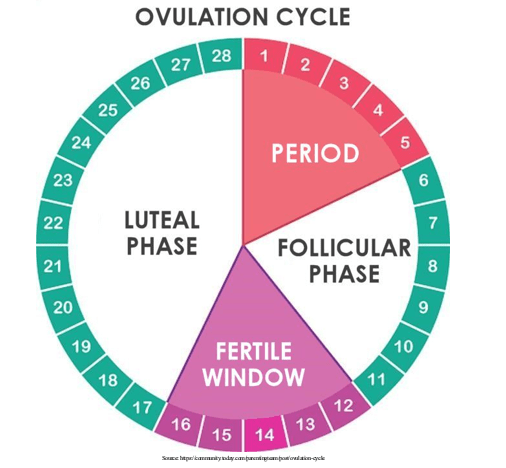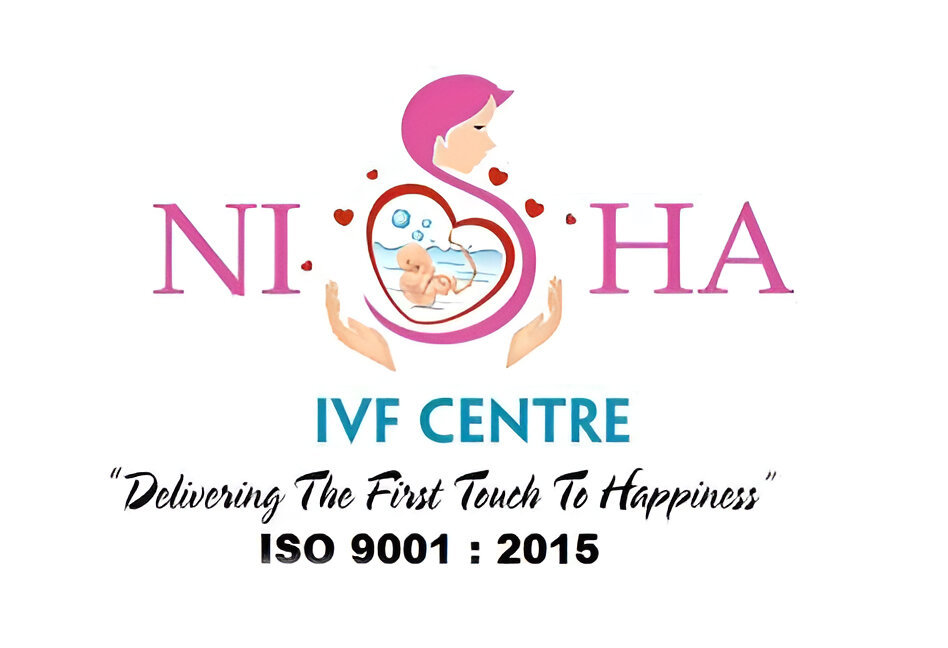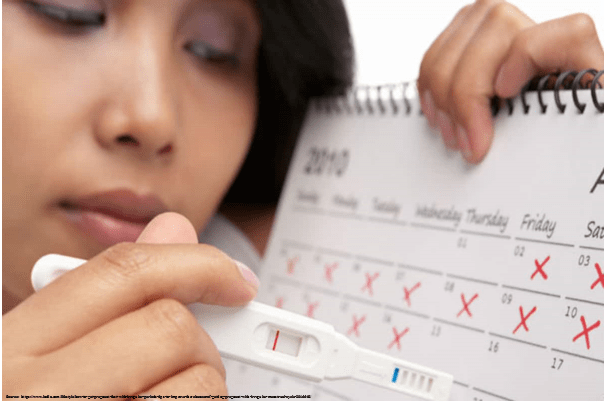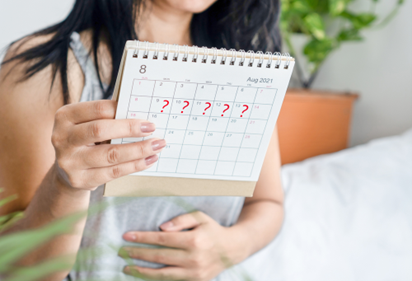What does your menstrual cycle say about your fertility?

Pregnancy Symptoms After a Successful IUI
April 27, 2021
Fertility Counselling Is The Way To Go
May 1, 2021Before bringing a baby into the world, every couple takes their time and prepares their way for the baby’s arrival. While some couples receive the good news soon, others may take a little longer.
A woman’s body goes through some changes periodically in her menstrual cycle. Most couples do not realize that the menstrual cycle is a window into the woman’s fertility. So, let’s know the relationship between the menstrual cycle and fertility. Hormones control the menstrual cycle.
The number of days between the first day of bleeding and the next menses determines the length of a menstrual cycle. The menstrual cycle is categorized into two phases.
So, let’s know the phases of a menstrual cycle
Follicular phase
The first day of the menses – or period – is day 1 of the cycle, which commences the follicular phase. During this phase, the follicle-stimulating hormone (FSH) is released from the brain to stimulate the development of an egg. As it matures, the follicle releases estrogen, which enables the thickening of the uterus lining. With the onset of ovulation, the follicular phase comes to an end.

Ovulation is a part of the menstrual cycle when the egg is released from the ovary. It usually occurs four days before or after the cycle’s midpoint. A “fertile window” exists for the six days leading up to and including ovulation. This is the period when sexual intercourse can result in pregnancy.
Luteal phase
In the second phase of the cycle – the luteal phase begins with ovulation and continues until the onset of menses. The ovary releases the hormone progesterone, making the uterine lining ready to implant a developing embryo while the egg travels down the fallopian tubes. If pregnancy does not occur, the progesterone and oestrogen levels fall, and the womb lining comes away. This is when the menses start and bleeding occurs.
Menstrual cycle duration and fertility
It is not accurate to say that all women are fertile on the 14th day of their 28 days menstrual cycle because some women have a shorter or a longer cycle.
Women who have an irregular cycle find it harder to pinpoint those key ovulation dates, where getting pregnant is most likely. This can be because of the body’s hormone levels going off balance due to some medical conditions such as PCOD, stress, or extreme changes in diet.
Repeatedly missing periods are often an indicator of underlying issues that can affect fertility. Some of these can be serious, while others are relatively simple to treat.
The menstrual cycle length, how heavy the flow is, and how regularly the woman is getting her period are all affected by hormones in the body. Thus, by regulating the cycle, the woman can prepare and plan for pregnancy with the assistance of a fertility doctor.
What if a woman doesn’t menstruate at all?
When a woman doesn’t have menstruation, it indicates either ovulation is not occurring or something is blocking menstrual blood flow. It is a rare condition, and such women will have difficultly conceiving naturally.
Hypothalamic amenorrhea is a possible cause, and hormonal irregularities that lead to unusual cycles can also stop menstruation completely.
If you don’t have a regular monthly period, regardless of how long you’ve been attempting to conceive, you should consult a fertility specialist.





